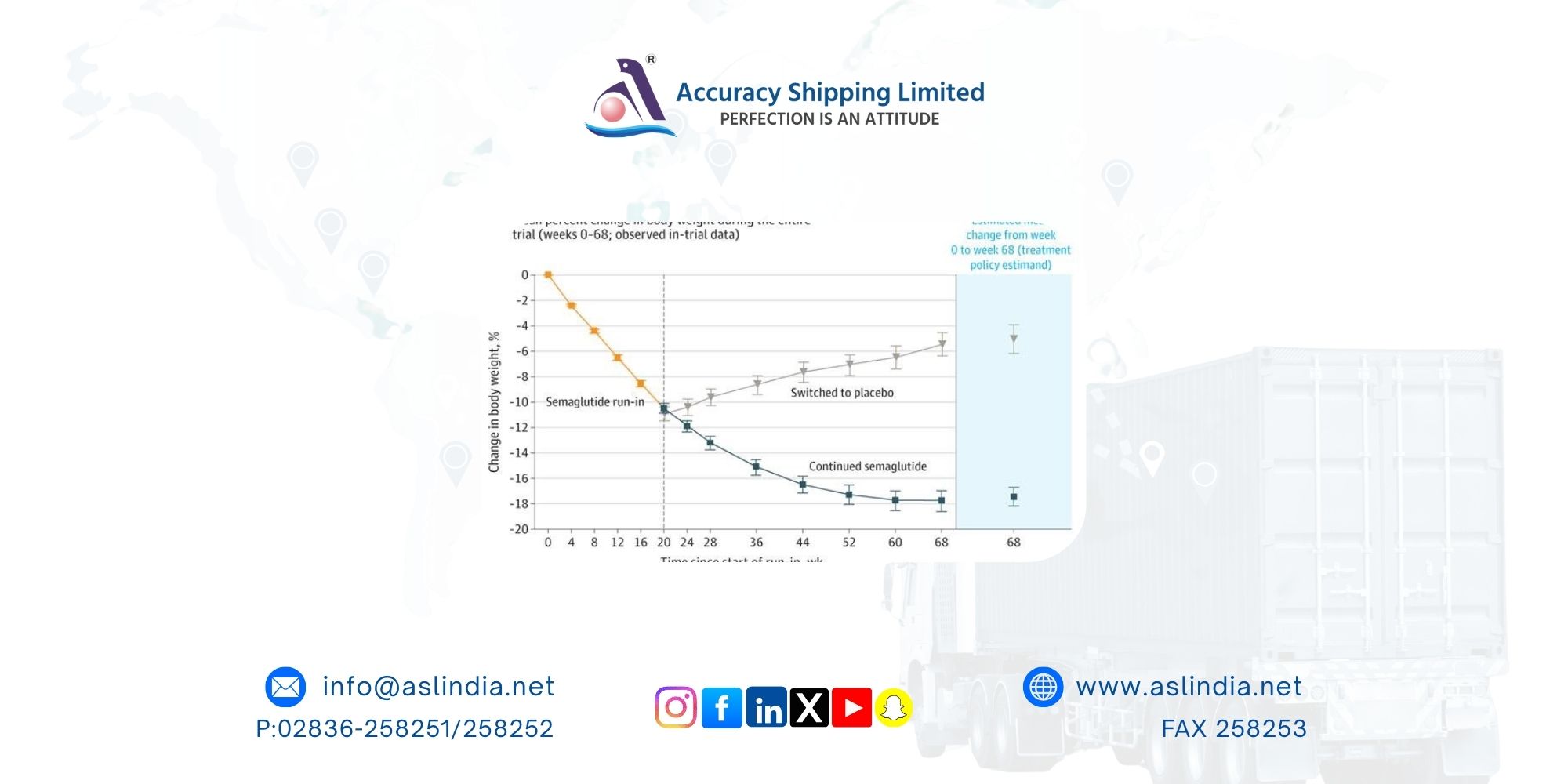Apollo gynaecologist shares what women need to know about PCOS and menopause: ‘Lifestyle matters more than you think’

PCOS and menopause are often seen as two separate phases of a woman’s life but experts say their impact goes far beyond irregular periods or hormonal discomfort. Many women spend years dealing with symptoms like mood swings, weight fluctuations, acne, hot flashes, or erratic menstrual cycles without realising how deeply these signs are linked to long-term hormonal changes. According to Apollo Cradle and Children’s Hospital gynaecologist Dr Preetinder Kaur Bedi, understanding this connection is essential for protecting long-term health.
This insightful conversation with Dr Bedi, Senior Consultant (MBBS, MD, DNB–Obstetrics & Gynaecology) at Apollo Cradle & Children’s Hospital, Motinagar, New Delhi, sheds light on how PCOS continues to affect women even after menopause and how lifestyle plays a bigger role than most people think.
How PCOS Affects Women’s Health
“Polycystic Ovary Syndrome (PCOS) is one of the most common hormonal disorders affecting up to 10% of women worldwide,” says Dr Bedi. Characterised by irregular menstrual cycles, elevated androgen levels, and multiple small ovarian cysts, PCOS is usually discussed in the context of fertility or menstrual issues. But Dr Bedi explains its effects extend well beyond a woman’s reproductive years.
PCOS occurs due to a complex interplay of genetics, hormones, and lifestyle factors. The condition disrupts the balance of estrogen, progesterone, and androgens leading to symptoms like acne, unwanted hair growth, weight gain, and ovulatory problems. When menopause begins, a natural decline in estrogen adds new layers of hormonal fluctuation.
Interestingly, women with PCOS may reach menopause slightly later than average due to prolonged low-level estrogen production. But this does not reduce risks. In fact, the metabolic and cardiovascular risks associated with PCOS often continue or even intensify after menopause.
Long-Term Metabolic and Heart Health Risks
“One of the most concerning long-term effects of PCOS is its impact on insulin resistance and metabolic health,” Dr Bedi notes. Women with PCOS face higher risks of type 2 diabetes, high cholesterol, hypertension, and obesity risks that remain even after menstruation stops.
As estrogen levels fall during menopause, the body loses some of its natural heart protection, further raising the likelihood of cardiovascular disease. Research shows that women with a history of PCOS are more prone to hypertension, atherosclerosis, and heart complications. The accumulation of abdominal fat, common in PCOS, only worsens these risks.
Dr Bedi stresses the importance of routine monitoring, including blood pressure, blood sugar, and cholesterol checks, to safeguard long-term health.
Hormonal Shifts After Menopause
“Menopause ends the reproductive phase of a woman’s life, but for women with PCOS, the transition can be different,” explains Dr Bedi. Even after menopause, some women may continue to experience higher androgen levels, leading to symptoms such as facial hair growth or hair thinning. While estrogen decline may reduce heavy menstrual bleeding, other hormonal imbalances may persist.
Ovarian cysts often shrink after menopause, but the underlying metabolic and hormonal issues may continue. There is also a slightly higher risk of endometrial cancer in some women due to prolonged exposure to unopposed estrogen. Maintaining a healthy weight and getting regular gynaecological checkups remain essential preventive steps.
Impact on Mental and Emotional Health
Both PCOS and menopause can take a toll on emotional well-being. Women with PCOS are more vulnerable to anxiety, depression, and body image concerns. During menopause, sleep disturbances, hot flashes, and hormonal shifts can worsen these issues.
“Ongoing metabolic stress can also affect brain health and increase the risk of cognitive decline in later years,” Dr Bedi highlights. Emotional well-being should not be overlooked. Counselling, support groups, mindfulness practices, and regular physical activity can significantly help during this transition.
Lifestyle Tips for Managing PCOS Post-Menopause
Dr Bedi emphasises that lifestyle modification remains the most powerful tool in managing PCOS through menopause and beyond. Her recommendations include:
Balanced diet: Focus on whole grains, fruits, vegetables, lean proteins, and healthy fats to regulate insulin and support healthy weight.
Regular exercise: A mix of aerobic and strength training helps improve metabolism, reduce heart risks, and support hormonal balance.
Routine medical checkups: Regular screening for diabetes, cholesterol, blood pressure, and bone density is essential. Post-menopausal women are more prone to osteoporosis.
Consideration of HRT: Hormone Replacement Therapy may be an option for some women, but must be evaluated carefully based on individual hormonal and metabolic profiles.
Final Note
Understanding the connection between PCOS and menopause can empower women to take control of their long-term health. With the right lifestyle changes, regular medical monitoring, and timely guidance, women can navigate this transition with strength and clarity.
Disclaimer: This article is for informational purposes only and is not a substitute for professional medical advice. Always consult your doctor for any medical concerns or treatment decisions.







